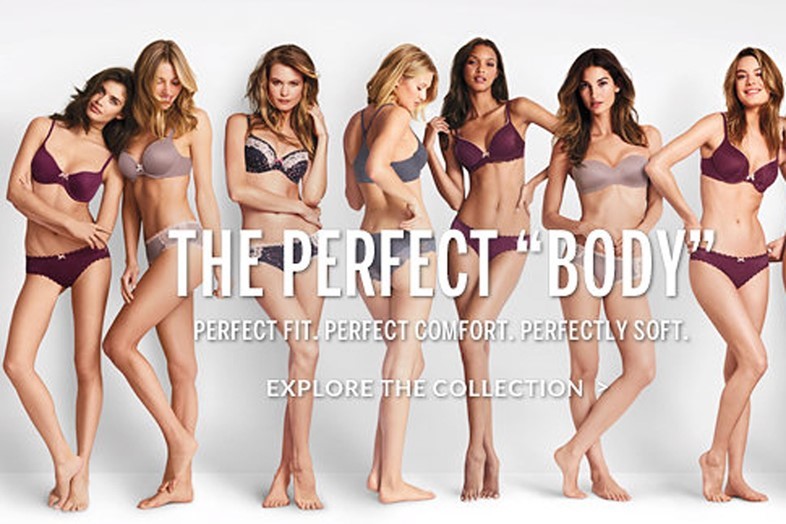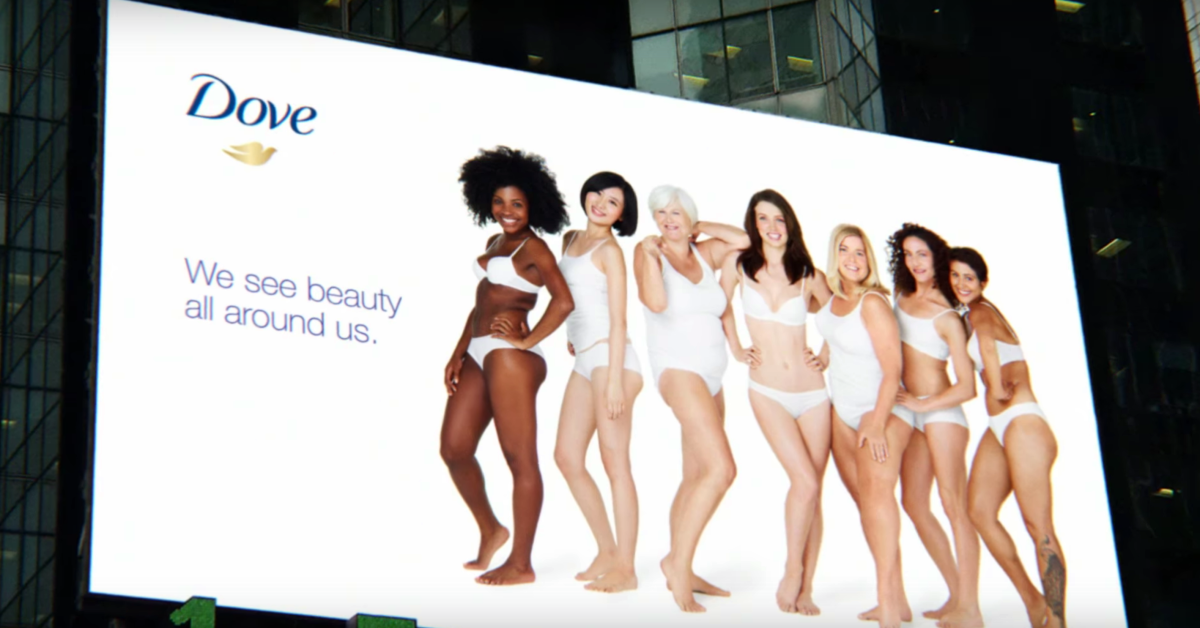Creating a marketing campaign is no easy job for a business especially now within the current times where anything can for viral within a matter of minutes. So when businesses are faced with marketing a product or an element of their company they have to take extra caution that they won’t upset or offend anyone , and we all know this can be a challenge, as every individual opinion matters now more than ever. One person’s opinion can have the power to go viral.
When one person’s opinion goes viral this can generate a domino effect and create a social media uproar. The power of opinions and views can make or break a business.
Businesses are faced with a lot of pressure when it comes to creating their marketing campaign, especially when it involves sensitive or personal topics. Body image is an incredibly sensitive topic as unrealistic and unhealthy representations of body image can be extremely harmful to the consumer. Often the issue of the media’s portrayal especially in marketing campaigns is that they glorify the desire to be extremely thin and fit. This can be a negatively influential to individuals and generate unhealthy desires.
Someone’s physical appearance of their body is something that cannot be changed overnight, so when someone doesn’t feel comfortable with how they look they will go to desperate measures to try and change this fast. This can lead to extreme illness, eating disorders, bulimia, anxiety and more. Therefore, this stresses the importance for businesses who are marketing a product or service that is linked to body image, because if it is not marketed correctly and in a sensitive manner, they may be held responsible for promoting an insecurity on body image, which can be extremely dangerous for the consumers.
There are numerous cases of marketing campaigns who have been guilty of body shaming even though they are marketing products not related to weight gain or loss. So why are they making this mistake?
Victoria Secret and Dove are two famous brands with two viral campaigns, which went viral for two different reasons.

As you can see in Victoria secrets marketing campaign for their new range of lingerie, the campaign features seven incredibly toned, thin and tall models. Which in itself is not a problem , it’s the tagline that accompanies these models that generated the uproar across nearly every social media platform slating the brand. The tagline of this campaign: “The perfect “Body” ” Is very clearly linked to body image in a very negative way.
The tagline has suggested that Victoria Secret has created their own opinion and belief of what a “Perfect Body” is , this opinion from this company is toxic as it encourages individuals to believe that unless their body doesn’t appear similar to these models on the campaign, then this brand doesn’t classify your body as “perfect”. This can lead to individuals who viewed this campaign and loyal followers of this brand to go to extreme, dangerous lengths to make their body look this way, develop low self-esteem and low self-confidence about themselves and their body.
It is incredibly evident to why Victoria Secret was one of many brands to commit to body shame, However, Dove has been one brand who have been praised for winning the game, in doing the complete opposite to body shaming, and promoting a positive , healthy representation of body image.

Dove’s viral campaign circled around their tagline of “Real Beauty”. Where the company stripped back from the media’s harmful stereotype of “flawless women”. The ad featured women who were a range of sizes, body type, race and hair. Who all illustrated their confidence within themselves and “natural beauty”.
Without a doubt we can witness the two different portrayals of body image from each of these brands, and it make us feel two different about our own bodies. We can all see how and why it is extremely important for brands to be careful when addressing peoples insecurities as not only can it affect the consumers personally but also can affect the brand as it is clear that Victoria Secret received backlash and criticism for their campaign which lead them having to take it down for changes which can be extremely expensive. However, Dove on the other hand received an incredible amount of praise and seen their profits near double.
Naomi Finnegan is a final year BSc in Communication Management and Public Relations student at Ulster University. She can be found on LinkedIn.
